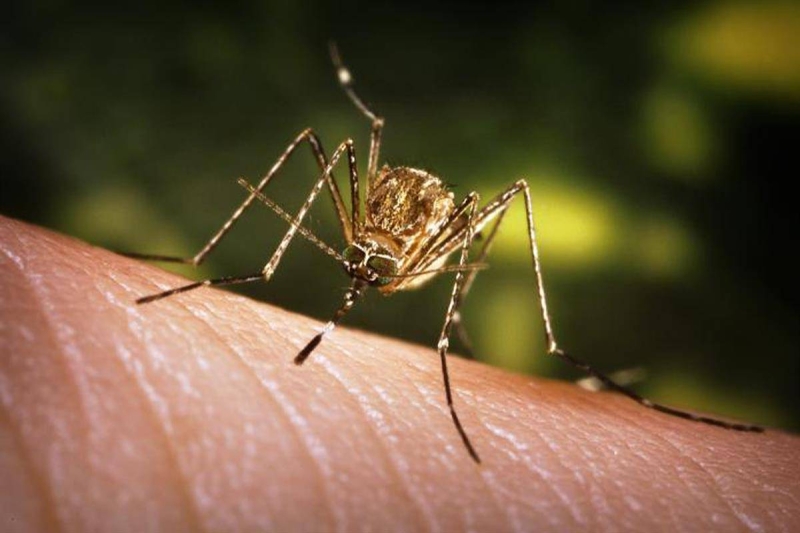Japanese Encephalitis (JE), the most common laboratory-confirmed encephalitis in Nepal, is a viral disease causing inflammation of the brain. It is primarily spread through mosquito bites and is caused by the Japanese Encephalitis Virus (JEV), a flavivirus related to dengue, yellow fever, and West Nile viruses. JEV is transmitted mainly by the female 'Culex tritaeniorhynchus' mosquito, which becomes infected after biting pigs or water birds, the primary carriers of the virus.
The virus is then passed to humans when the infected mosquito bites them. It is not transmitted from human to human. Infected humans do not carry enough viral load to infect mosquitoes, making them "dead-end" hosts.
The disease is most prevalent in regions where humans live in close proximity to the animal hosts, exacerbating the risk. According to the World Health Organization (WHO), JEV primarily circulates between mosquitoes, pigs, and water birds. It is mainly transmitted during the warm season in temperate regions, with outbreaks intensifying during the rainy season in rice-cultivating areas.
Despite efforts to curb its spread, Japanese encephalitis continues to be a seasonal threat in Nepal, particularly between April and October. Recent data from the Early Warning and Reporting System (EWARS) highlights the persistence of the virus, with 139 reported cases in 2022 and 107 cases in 2023. However, experts believe the actual number of infections could be much higher, as the World Health Organization .


















